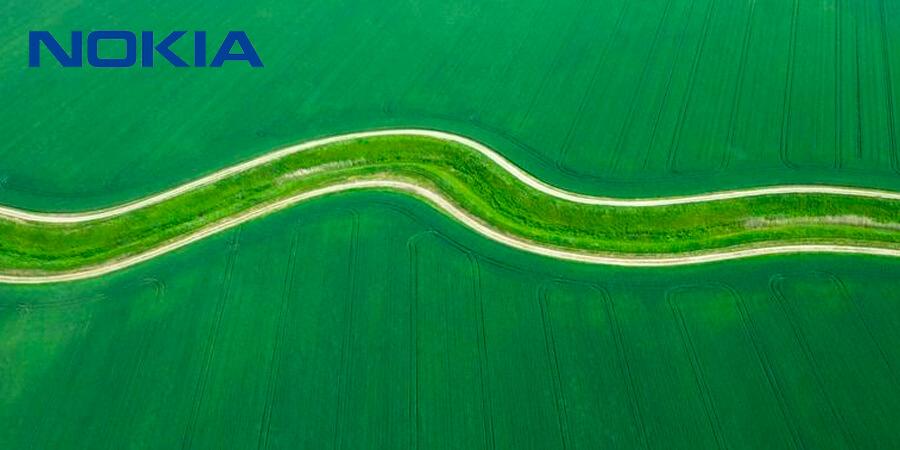Nokia has called for accelerated digitalization and green energy uptake, as well as setting its sights on 100% renewable electricity in its own operations by 2025. The announcement comes with world leaders having convened in Glasgow, Scotland for the United Nations Climate Change Conference (COP26). Nokia President and CEO Pekka Lundmark joined political, business, and civil society leaders at the conference, calling for an acceleration in the uptake of green technology to reach net zero.
Pekka Lundmark, President and CEO of Nokia, said, “There is no green without digital. Only 30% of the world’s economy is currently digitalized, and we must now work to connect the remaining 70% to ensure the world can reach net zero. 5G and related technologies play a critical role in making other industries more sustainable. At the same time the ICT industry needs to minimize its footprint and accelerate the use of green electricity"
Nokia now targets to achieve 100% purchased electricity from renewable sources by 2025 to power its offices, R&D labs, and factories. While renewable energy is not currently available in all 120 countries where Nokia operates, it will work with the broader ecosystem to drive greater uptake of sustainable electricity.
Digitalization is critical for making industries more sustainable – resulting in less waste, more resource efficiency and greater productivity. For instance, in the energy sector, digitalization can help wind farm operators automate offshore windfarms, allowing them to operate more productively. In agriculture, the adoption of digital technology can increase yields, reduce costs, and cut water use. Across manufacturing, converting to smart manufacturing can help secure annual productivity and energy-saving gains of 10-20%. While recent research suggests the COVID-19 pandemic speeded up digitalization by an average of six years, the greater part of the world’s economy lacks access to key digital technologies.
Nokia has already committed to reducing its emissions by 50% across its value chain, including own operations, products in use, logistics, and final assembly supplier factories by 2030. Its commitments have been approved by the Science Based Targets initiative (SBTi) to be in line with the Paris Agreement’s aim of limiting global warming to 1.5C. With 90% of its emissions coming from customer use of products, Nokia continually invests in improving product energy efficiency – even as capacity grows.
